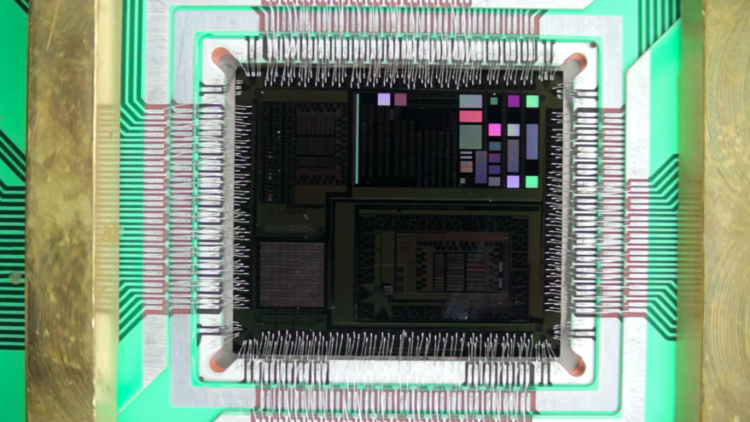The always-innovative Google has come up with its own technology for storing data, running applications, and learning from huge data sets. Now Google is developing the best hardware for quantum computing.
The news came today in a blog post in which the tech giant admitted to having set up a “hardware initiative” as part of its quantum artificial intelligence lab, with help from Prof. John M. Martinis and his group at the University of California, Santa Barbara.
Quantum computing, as opposed to classical or conventional computing, involves going beyond standard binary one-or-zero processes. Instead, it opts for a probability that it might be either or both and thus can be faster for certain kinds of computation. Researchers at universities all over the globe have long developed techniques and hardware for quantum computing. Today’s move amounts to a talent reach on Google’s part.
It’s not too surprising, given that Google has cause to optimize at every level of its operations as it offers technology for more and more consumers and businesses. Now that strategy has extended to the heady research-oriented world of quantum computing.
The announcement has some serious implications. First, it shows an acceleration of the desire to produce the right gear for an application. That would suggest Google foresees interesting uses of quantum computing, which the Mountain View, Calif.-based company has hinted at in recent months.
The progress shows existing tools at Google’s service might not be enough, either. Last year, Google teamed up with NASA to bring in quantum-computing hardware from D-Wave. Google has worked with D-Wave technology as early as 2007. The collaboration with D-Wave will continue, but it’s not Google’s only collaboration now.
Meanwhile, one could also read the move as an encroachment on Microsoft territory: Microsoft has a quantum-computing research outpost on the UCSB campus.
“With an integrated hardware group the Quantum AI team will now be able to implement and test new designs for quantum optimization and inference processors based on recent theoretical insights as well as our learnings from the D-Wave quantum annealing architecture,” Google engineering director (and Google Glass co-founder) Hartmut Neven wrote in today’s blog post.
[youtube https://www.youtube.com/watch?v=CMdHDHEuOUE&w=560&h=315]


